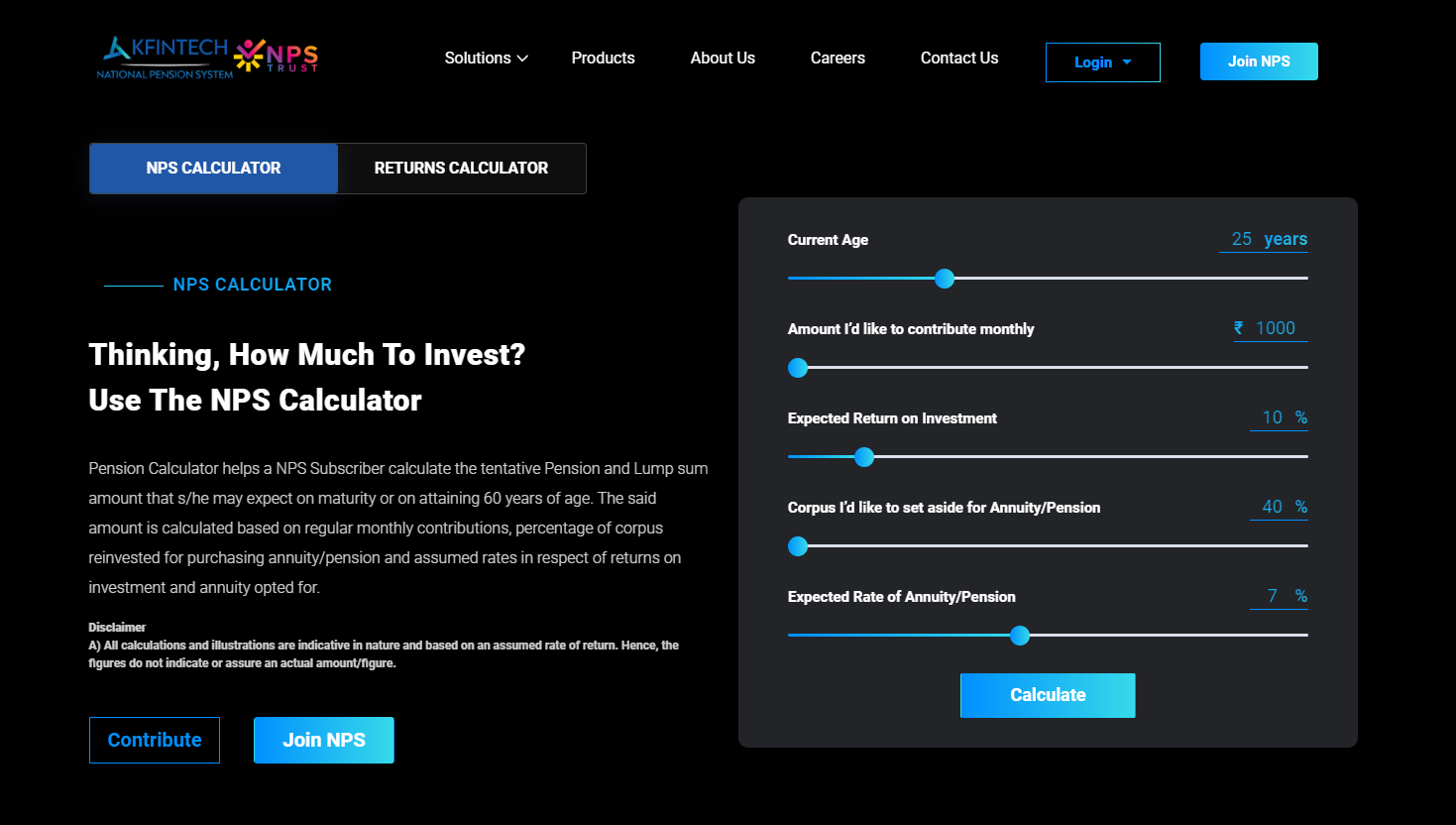Are you looking for investment options which can save your tax and help you in building retirement corpus? By investing in NPS, you can do both with relative security!
The National Pension System, also known as the NPS tax saving scheme, is an example of a voluntary investment program that is run by the Indian government. If you want to start saving early for your retirement years and are looking for an investment option with a low level of risk, this is the best plan for you. Investing in an NPS gives you the opportunity to make regular savings during your working years, which helps you form the habit of making responsible savings. Regardless of whether you are employed in the public, private, or unorganised sector, you are eligible to make contributions to the NPS.
An Investment Vehicle
Almost everyone’s goal in life is to amass a sizable nest egg for their life after they hang up their work boots. A corpus not only helps to fulfil expenses, but it also helps you sail through life without any financial worries. Having a corpus is beneficial in both of these ways. NPS for tax saving, is the best investment vehicle available to anyone who wants to start saving at a young age.
Under the NPS tax saving scheme, you have the option of opening either a Tier I or a Tier II NPS account. The second type of account can only be opened if you already have a Tier I Account in your name, whereas the first type of account places limitations on the withdrawals that can be made from it.
Tax Benefits
The National Pension System (NPS) can help you save money on taxes in addition to securing your retirement years. The following is a list of some of the tax benefits of the NPS:
- According to the provisions of Section 80CCD, you are qualified to claim a tax deduction on the amount you have invested if you have contributed to a Tier I Account. You are eligible for a tax benefit of up to ₹1.5 lakh per year if you make contributions that qualify under Section 80C of the Income Tax Act (ITA).
- If you are eligible, you can get an additional tax deduction of ₹ 50,000 on the investment contributions that you make towards the Tier I Account under Section 80CCD 1 (B). This deduction is in addition to the deductions that were stated above.
- According to subsection 80CCD (2), any contribution made to a Tier 1 NPS account may be eligible for a tax deduction of up to 10% of the basic salary for those not employed by the central government and up to 14% for those employed by the central government. In addition to the tax deductions that were discussed previously, you can take advantage of this deduction as well.
Additional Tax Exemptions
The following is additional information regarding the tax exemption for NPS:
- When the subscriber turns 60 years old, they are eligible to withdraw 60% of the total amount of the corpus, which is tax-free. The remaining 40% is invested in an annuity plan, from which you get a monthly pension for lifetime.
- It is mandatory to purchase an annuity of at least 40% of your corpus. You cannot withdraw 100% corpus at maturity. You get the pension from the annuity, which is treated as income, you will not be required to pay any taxes on the amount. On the other hand, the income from the annuity that you receive in your later years will be taxable as regular income.
Conclusion
The National Pension System (NPS) is an excellent alternative for reducing one’s taxable income and preparing for retirement. It is simple to open an NPS account and once you do so, you will be eligible for a variety of perks offered by the scheme.




